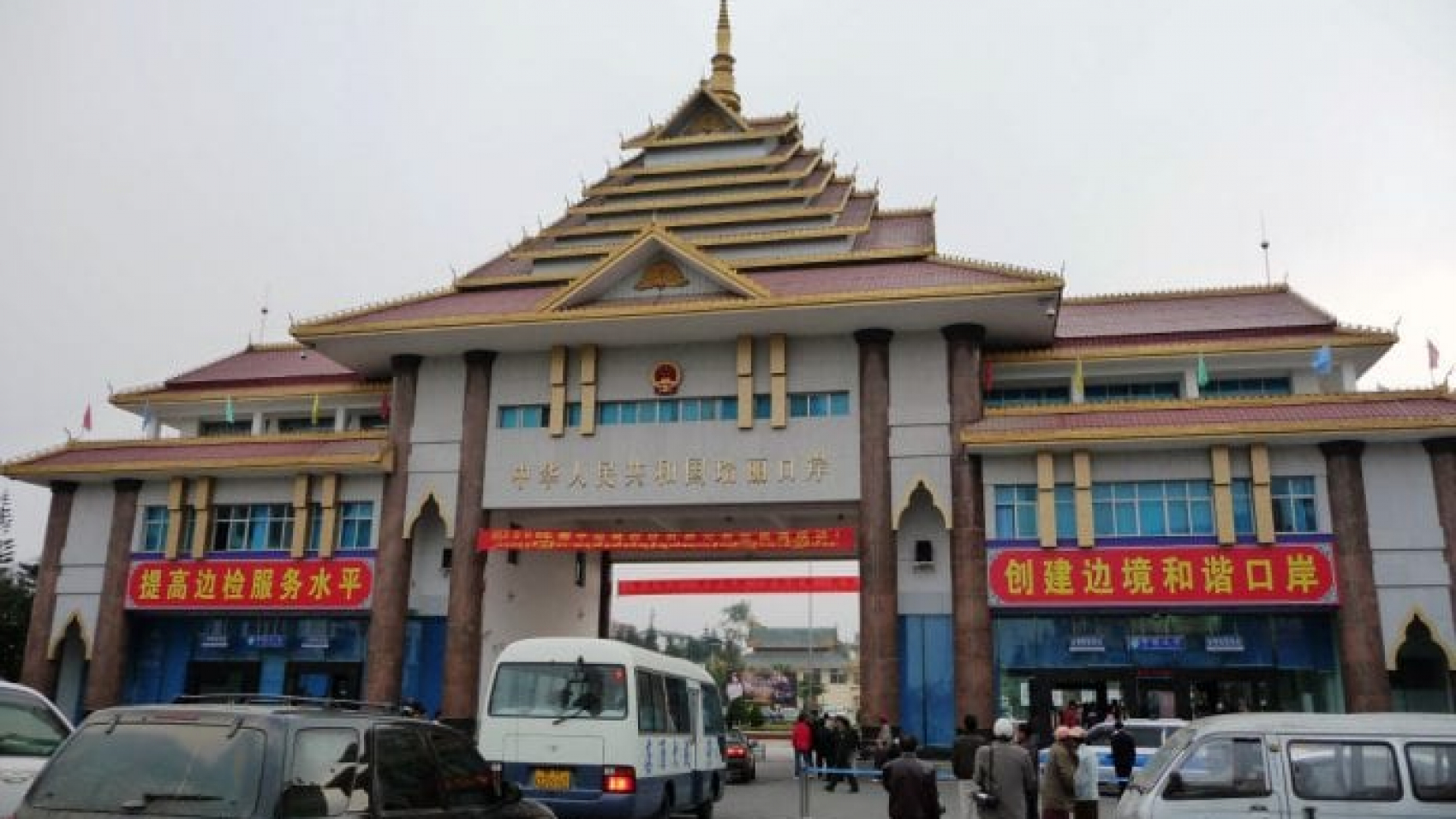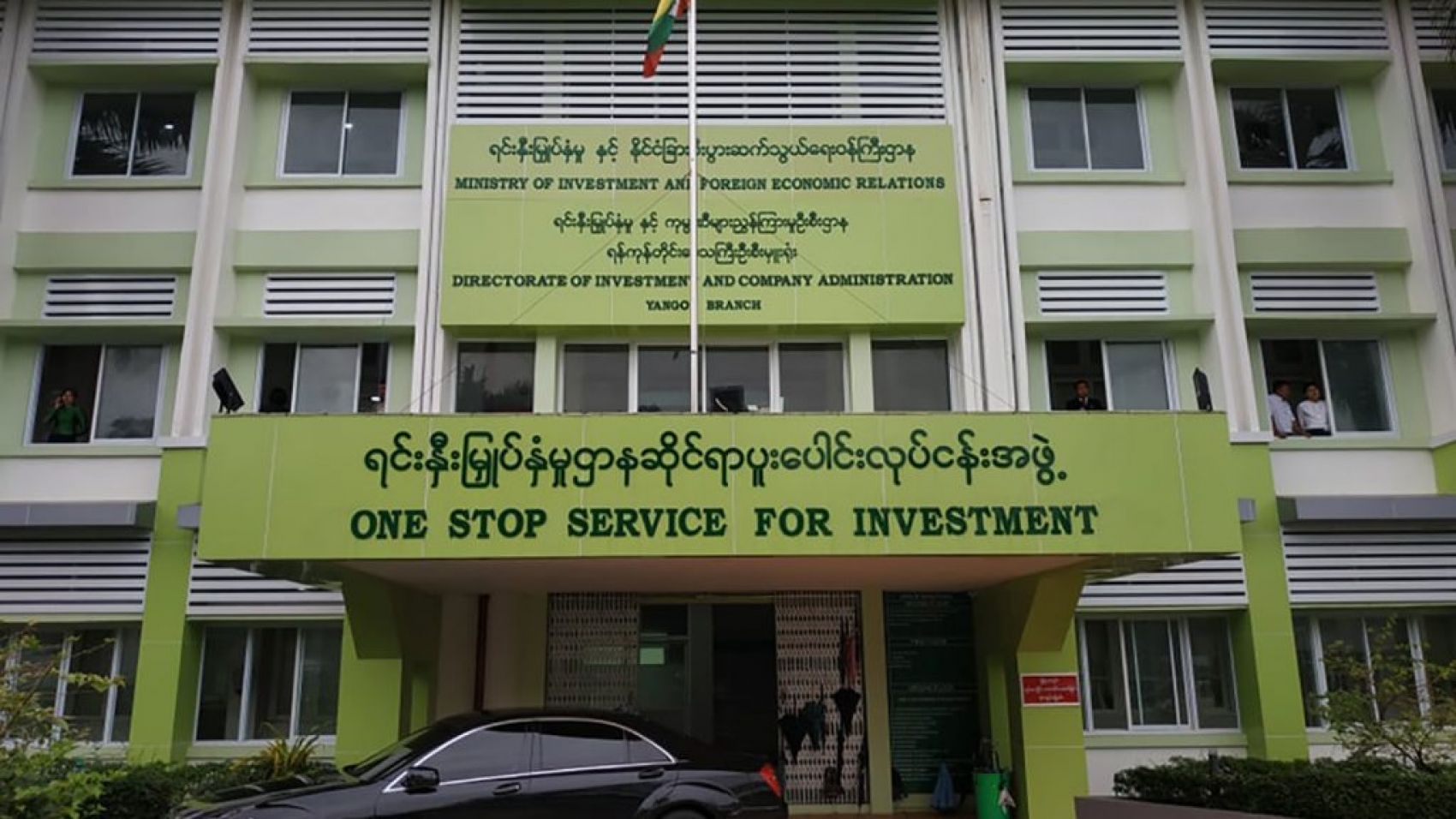The value of trade with Myanmar’s main trade partner China through maritime and sea trade channels crossed US$5 billion in the first seven months (April-October) of the 2022-2023 financial year, comprising exports worth $1.995 billion and imports valued at $3.082 billion, according to statistics released by the Ministry of Commerce. Myanmar primarily exports agri-products to China through the five land borders (Muse, Lweje, Chinshwehaw, Kampaiti and Kengtung.
However, trade in agricultural products was frequently stopped on account of China clamping down on illegal trade on land borders. Furthermore, China stepped up border control measures to contain the spread of COVID-19, hindering border trade in the previous years. At present, although China eased coronavirus restrictions, only the Kyinsankyawt crossing out of the Sino-Myanmar land borders linking to the Muse post are reopened.
The value of bilateral trade with China stood at $4.3 billion in the 2021-2022 mini-budget period, $9.82 billion in the 2020-2021FY, $12 billion in the 2019-2020FY, $11.36 billion in the 2018-2019FY, $6 billion in the past mini-budget period, $11.78 billion in the 2017-2018 financial year and $10.8 billion in the 2016-2017FY respectively. Rice, beans and pulses, corn, fruits and vegetables, fishery products, rubber, chilli peppers and other food commodities are exported to China, whereas machinery, plastic raw materials, consumer products and electronic appliances flow into Myanmar.
Source: The Global New Light of Myanmar


